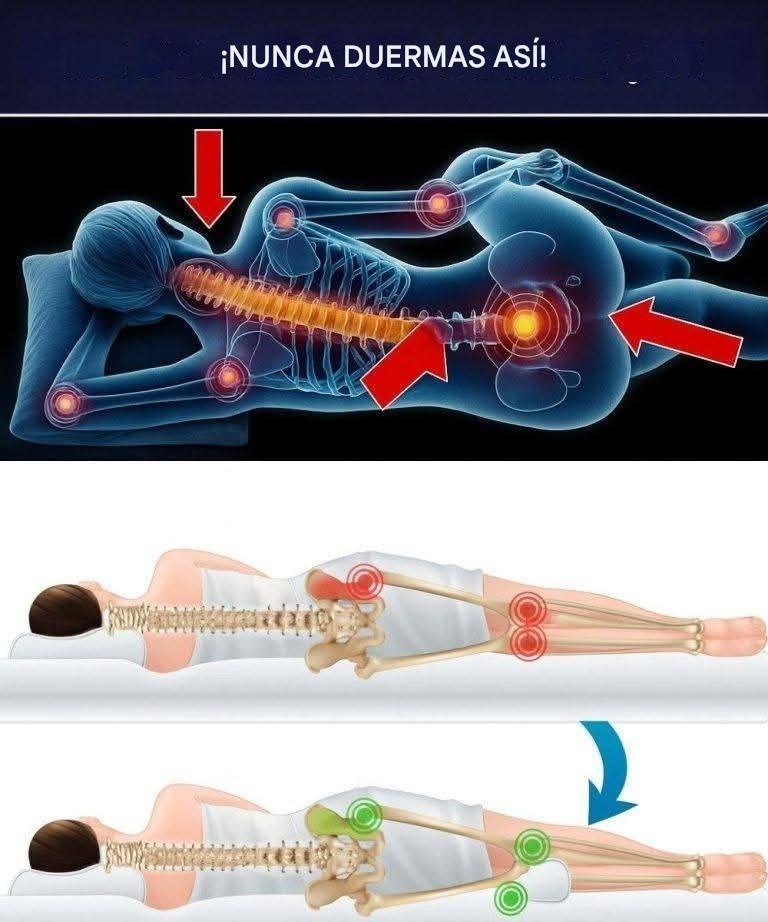While a short, restorative nap can be beneficial, long naps or those taken late in the afternoon can disrupt nighttime sleep. As we age, our sleep-wake cycle naturally becomes irregular. A prolonged nap can throw off our biological clock, making it harder to fall asleep later. This creates a vicious cycle of daytime fatigue and nighttime awakenings.
- The solution: limit your naps to a maximum of 20 to 30 minutes and take them in the early afternoon, ideally before 3 pm. This gives you a quick energy boost without interfering with your main sleep period.
2. Ignoring a regular sleep schedule
Your body needs routines. Going to bed and waking up at different times each day, especially on weekends, can disrupt your circadian rhythm , your body’s biological clock. This inconsistency signals to your brain that it doesn’t have a fixed rest schedule, leading to fragmented and poor-quality sleep.
- The solution: Go to bed and wake up at the same time every day, even on weekends. Regularity is key for your body to get used to sleeping at a specific time.
3. Consuming caffeinated beverages too late
4. Use your bedroom as a multipurpose room
For many, the bedroom has become an office, a TV room, and a reading nook. The line between rest and activity blurs. The brain begins to associate the bed with wakefulness and stress, not with sleep. Using electronic devices like tablets or smartphones in bed is especially harmful, as the blue light they emit can inhibit the production of melatonin, the hormone that regulates sleep.
Solution: Dedicate your bedroom to two things: sleeping and privacy. Keep your work materials, televisions, and other electronic devices out of the bedroom. Create a cool, dark, and quiet space to signal to your body that it’s time to rest.

